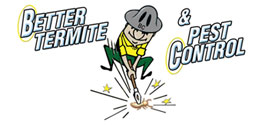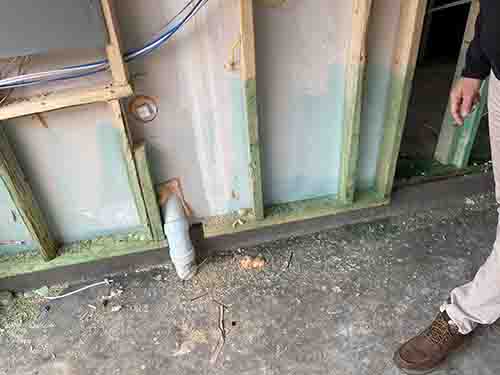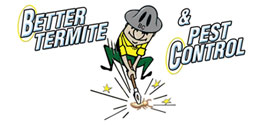Termites are a major threat to the structural integrity of buildings in Virginia. Annual termite inspection is necessary to detect termite infestations early and prevent significant damages. Learn more about the importance of termite inspection in Virginia in this article.
Termites are one of the most destructive pests that can invade homes and commercial buildings. They feed on wood and can cause significant damage to the structural integrity of buildings if left unchecked. This is particularly true in Virginia, where the warm and humid climate provides an ideal environment for termite infestations.
One of the most effective ways to prevent termite damage is through annual termite inspection. In this article, we will explore why termite inspection is necessary annually in Virginia, and how it can help protect your property from termite damage.
What are Termites?
Termites are small insects that feed on wood and other cellulose materials. They live in large colonies and can cause significant damage to wooden structures, including homes and commercial buildings.
The Threat of Termites in Virginia
Virginia is particularly vulnerable to termite infestations due to its warm and humid climate. Termites are active year-round in Virginia, making it essential to take proactive measures to prevent termite damage.
Why is Termite Inspection Necessary Annually in Virginia?
Annual termite inspection is necessary in Virginia to detect termite infestations early and prevent significant damages. Here are some reasons why termite inspection is essential:
- Early Detection: Annual termite inspections can help detect termite infestations early, before they cause significant damage to your property.
- Cost Savings: Early detection can save you money on repairs and prevent more extensive damage that may require costly repairs.
- Peace of Mind: Regular termite inspections can provide peace of mind that your property is protected from termite damage.
- Compliance with Regulations: In Virginia, many lenders and insurers require termite inspections before approving loans or coverage.
What Happens During a Termite Inspection?
During a termite inspection, a trained inspector will examine your property for signs of termite activity. This includes looking for termite tunnels, mud tubes, and other signs of termite infestation.
If the inspector finds evidence of termites, they will recommend treatment options to eliminate the infestation and prevent further damage.
How to Prepare for a Termite Inspection
Preparing for a termite inspection can help ensure that the inspector can access all areas of your property. Here are some steps you can take to prepare for a termite inspection:
- Clear clutter from the areas to be inspected
- Trim back vegetation from the exterior walls of your property
- Move stored items away from walls
- Ensure that all areas of your property are accessible
How to Prevent Termite Infestations
Preventing termite infestations is essential to protect your property from termite damage. Here are some steps you can take to prevent termite infestations:
- Eliminate moisture sources: Repair any leaks or water damage and ensure proper drainage around your property.
- Remove wood-to-soil contact: Ensure that wooden structures do not contact the soil, as this can provide a pathway for termites to enter your property.
- Maintain your property: Keep your property well-maintained, including
- Use termite-resistant materials: Consider using materials that are resistant to termite damage, such as concrete, steel, or treated wood.
- Monitor regularly: Regularly monitor your property for signs of termite activity, such as discarded wings, mud tubes, or damaged wood.
Frequently Asked Questions about Termite Inspections
Q: How often should I get a termite inspection in Virginia?
A: It is recommended to get a termite inspection annually in Virginia to detect termite activity early and prevent significant damage to your property.
Q: Will my insurance cover termite damage?
A: In most cases, standard homeowner’s insurance policies do not cover termite damage. However, some insurance policies may offer termite damage coverage as an additional option.
Q: How long does a termite inspection take?
A: The length of a termite inspection can vary depending on the size and complexity of the property being inspected. However, most inspections typically take between one and two hours to complete.
In conclusion, termite inspection is necessary annually in Virginia to detect termite infestations early and prevent significant damage to your property. Annual inspections can save you money on repairs and provide peace of mind that your property is protected from termite damage. By taking proactive steps to prevent termite infestations, you can help ensure the long-term structural integrity of your property. If you suspect termite activity in your property, contact a professional termite inspector to schedule an inspection and prevent further damage.




